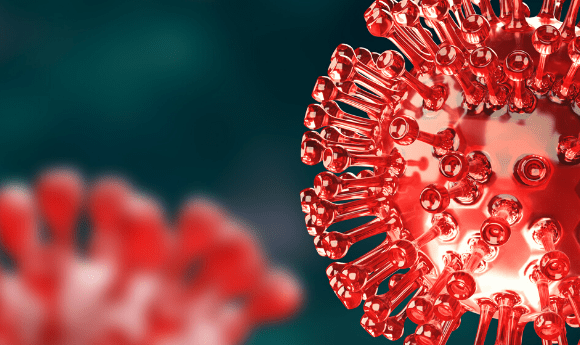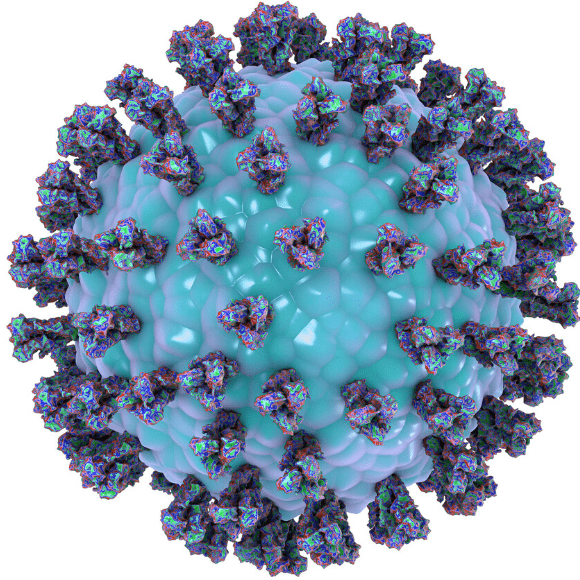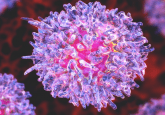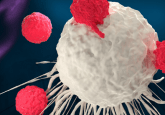Treating COVID-19 in cancer patients

The impact of COVID-19 on cancer patients can be devastating. This study identifies the risk factors that could indicate poor outcomes for patients.
The health of cancer patients infected with SARS-CoV-2 in Wuhan (China) has been assessed in a retrospective study conducted by a research collaboration of Chinese authors from Wuhan and Shanghai in order to establish the clinical characteristics of these patients.
If you would like to keep up to date with our content on coronavirus, you can sign up for our site here, where you can subscribe to our newsletters for free!
Knowing that the cancer patients were particularly vulnerable to COVID-19, the team set out to determine the risk factors associated with severe events – any condition that led to admission to an intensive care unit or death.
To do this, the research team analyzed data from cancer patients with COVID-19 in three Wuhan hospitals between 13 January and 26 February 2020, totaling 28 participants. In addition, they also monitored 124 patients who were being treated with immune checkpoint inhibitors, as well as their family members, for their infection rate and clinical outcome. The results of their analysis were presented at the AACR Virtual Annual Meeting I (27–28 April 2020).
 Modified proteins could help weather the storm of coronavirus
Modified proteins could help weather the storm of coronavirus
Modified cytokine receptors could be utilized to combat cytokine storms in severe COVID-19 cases.
Just over 50% of the patients experienced severe events, in whom a 28% mortality rate was observed. The team’s univariate and multivariate analyses revealed that patients who displayed patchy consolidation in the chest on examination by CT scan had an increased risk of experiencing a severe event.
The authors concluded that patients with cancer displayed poor outcomes and an exaggerated presentation of symptoms on infection with COVID-19. This, they argued, indicated that thorough screening for infection should be carried out on all cancer patients in order to best protect them from the negative outcomes that the virus can incur.





